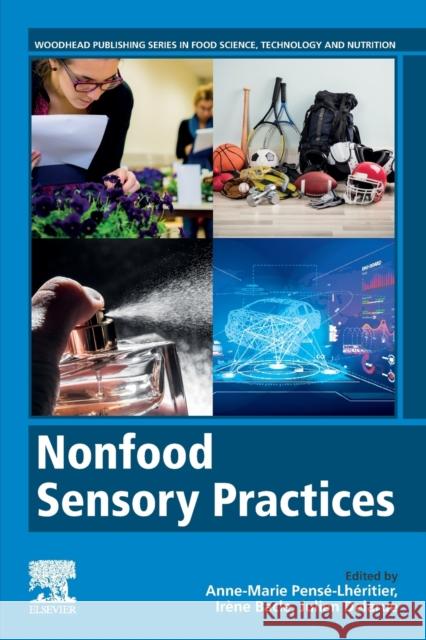topmenu
Wyniki wyszukiwania:
wyszukanych pozycji: 2
 |
Nonfood Sensory Practices
ISBN: 9780128219393 / Angielski / Miękka / 2021 / 390 str. Termin realizacji zamówienia: ok. 16-18 dni roboczych. |
cena:
860,24 |
 |
Formulation
ISBN: 9781848212596 / Angielski / Twarda / 2011 / 352 str. Termin realizacji zamówienia: ok. 22 dni roboczych. This book deals with the formulation of industrial products Its field of application goes from food-processing industry to the industry of elastomers showing that the principles of development follow always the same methodology.
This book deals with the formulation of industrial products Its field of application goes from food-processing industry to the industry of elastomers ...
|
cena:
698,70 |










